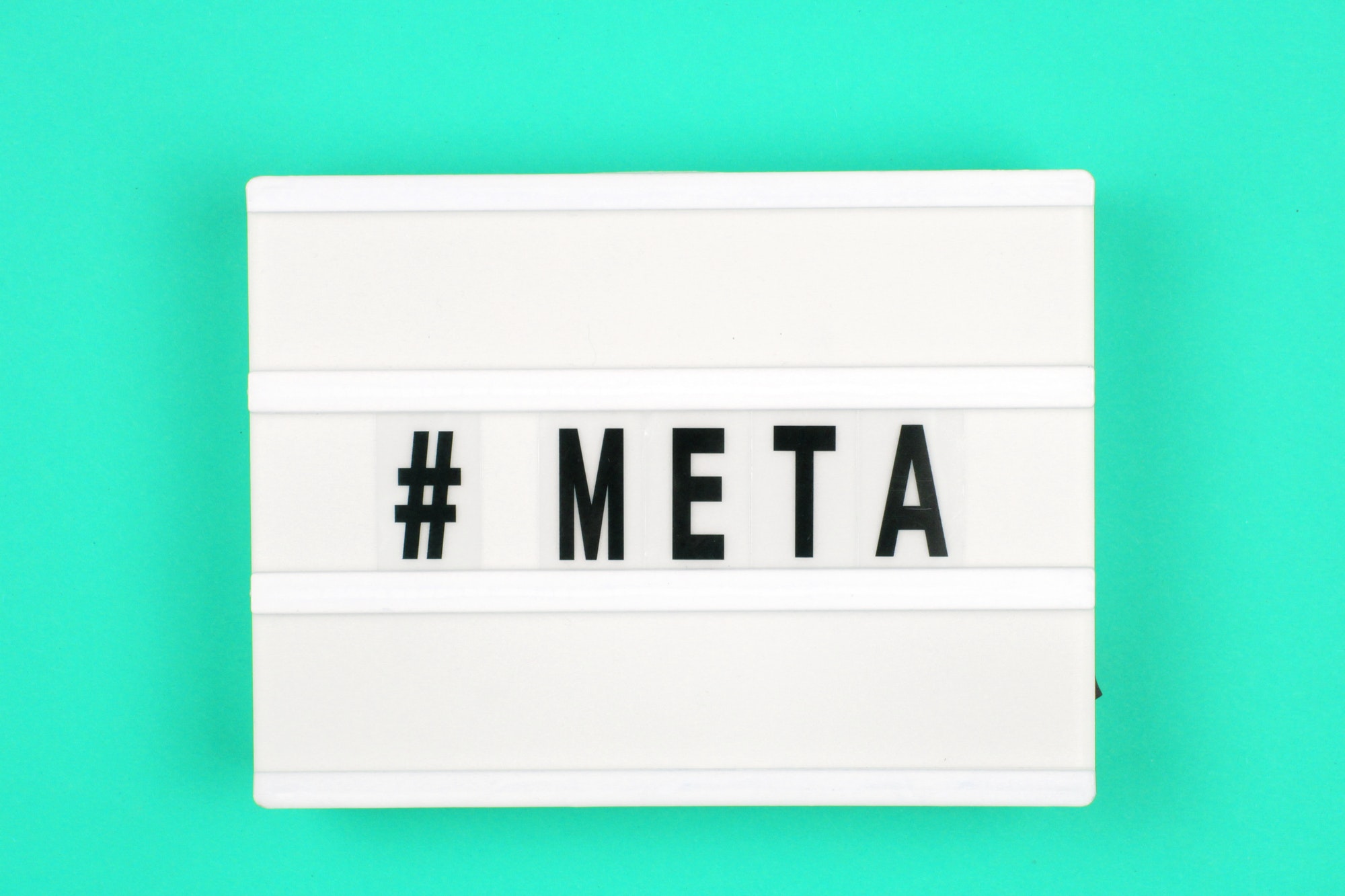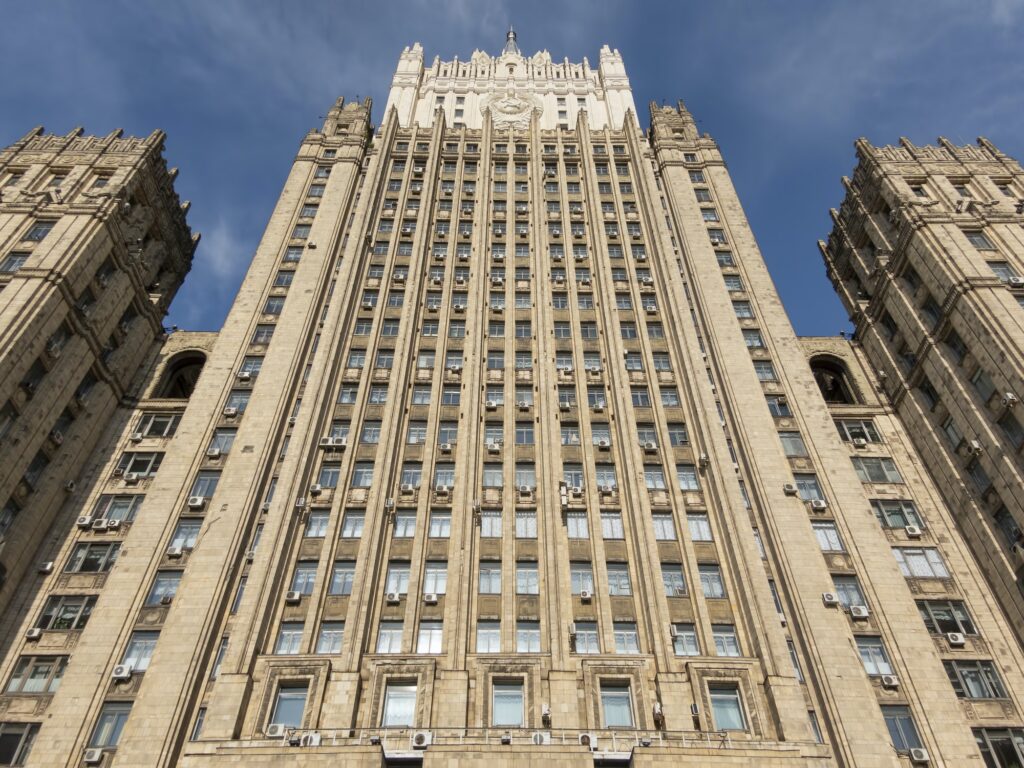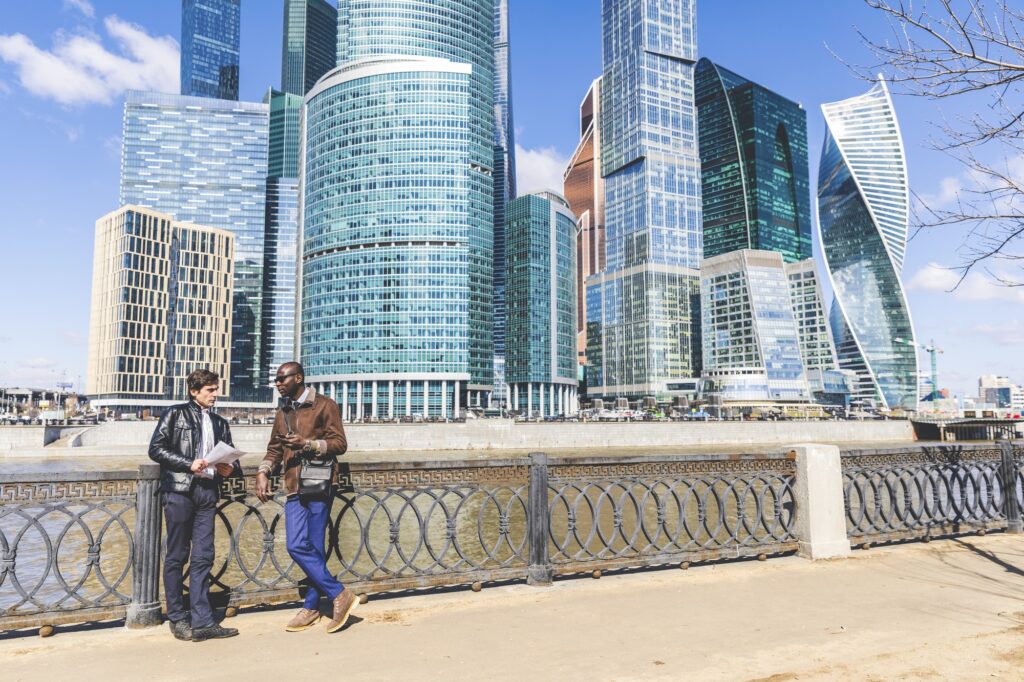Address
33-17, Q Sentral.
2A, Jalan Stesen Sentral 2, Kuala Lumpur Sentral,
50470 Federal Territory of Kuala Lumpur
Contact
+603-2701-3606
[email protected]
Address
33-17, Q Sentral.
2A, Jalan Stesen Sentral 2, Kuala Lumpur Sentral,
50470 Federal Territory of Kuala Lumpur
Contact
+603-2701-3606
[email protected]

Let’s dive into the latest tech-world drama where Russia is going head-to-head with Meta, the company behind Facebook and Instagram. It’s a story full of twists, tech politics, and digital showdowns.

So, Russia’s Interior Ministry has made a bold move against Meta by putting its spokesperson, Andy Stone, on a wanted list. This is part of Russia’s bigger plan, where they’ve labeled Meta as a “terrorist and extremist” group. This could mean trouble for Russians using Facebook or Instagram.
Andy Stone, Meta’s spokesperson, is now on Russia’s wanted list. The exact reasons are a bit hazy, but it’s all part of Russia’s crackdown on big tech companies. This could mean big changes for how Meta operates globally, especially in terms of online freedom and speech.
After Russia’s actions in Ukraine, Andy Stone talked about some changes to Meta’s hate speech rules. These changes were meant to let people express their political views more freely, but Meta was still against violence towards Russian folks. It’s a tricky balance in a tense situation.
Russia’s Investigative Committee started looking into Meta in March. They think Meta’s new policies might have encouraged violence against Russians. This investigation is a major moment in the ongoing clash between Russian authorities and Western tech companies.

Russia blocked major Western social media like Facebook and Instagram after invading Ukraine. Now, Russians can only access these sites using VPNs, showing how far they have to go to get around government blocks.
This blockade is a big deal for global digital communication. It shows a growing gap between Western tech companies and Russian digital rules, possibly setting an example for other countries with strict controls.
In a surprising move, Russia also banned Meta CEO Mark Zuckerberg from entering the country in April 2022. This isn’t just about Zuckerberg; it’s a sign of the increasing tension between Russia and Meta.
This ban highlights the complex challenges in digital diplomacy and international tech relations. It brings up big questions about the role of tech companies in world politics and how powerful they are compared to countries.
So, that’s the scoop on the Russia-Meta situation. It’s a mix of tech, politics, and international drama, showing how the digital world can get pretty complicated.

Here are some frequently asked questions to help you understand the Russia vs. Meta situation better:
Russia listed Meta’s spokesperson, Andy Stone, on their wanted list as part of their broader action against Meta, which they’ve labeled a “terrorist and extremist” organization. The exact charges against Stone are not clear, but it’s linked to Russia’s crackdown on big tech companies.
In response to the situation in Ukraine, Meta made temporary changes to its hate speech policy. These changes were meant to allow more freedom for political expression, especially regarding the Ukraine conflict. However, Meta still prohibited violence and hate speech against Russian civilians.
Russia’s federal Investigative Committee opened a criminal investigation into Meta, suggesting that Meta’s policy changes might have incited violence against Russians. This investigation is a key event in the ongoing tension between Russian authorities and Western tech companies.
After Russia blocked key Western social media platforms like Facebook and Instagram, Russians have been using VPNs (Virtual Private Networks) to access these sites. VPNs help them bypass state censorship and access blocked content.
The blockade represents a significant shift in digital diplomacy and communication freedom in Russia. It highlights the growing divide between Western tech giants and Russian digital policies and could influence how other authoritarian regimes approach digital control.
Mark Zuckerberg was banned from entering Russia in April 2022, a move that reflects the escalating tension between Russia and Meta. This ban is more than just a personal issue; it’s a symbol of the larger conflict between a major tech company and a sovereign nation.
This conflict raises important questions about the role of big tech companies in geopolitical conflicts and international relations. It challenges the traditional power dynamics between nations and multinational corporations in the digital age.
Feel free to ask more questions if you have any!
Sources ABC News
Comments are closed.
[…] hackers going after nuclear energy tech is a big worry. It’s not just about the safety of energy systems; it’s also about the politics […]